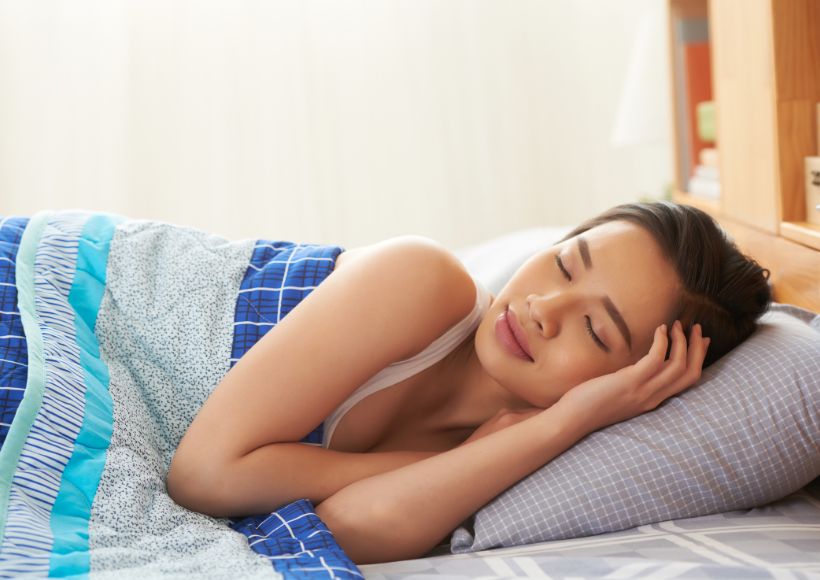The fact is that millions of people suffer from sleep problems. The reasons are varied: stress, shift work, coffee consumption, noise, alcohol, illness. Here are his tips for healthy sleep (and how we contribute to this with our research).
No coffee after 3 p.m.!
Many people consume coffee to alleviate increased sleepiness and decreased alertness and attention caused by lack of sleep. In fact, we have shown that morning caffeine consumption improves cognitive performance.
Caffeine in the afternoon increases the time it takes to fall asleep and reduces the depth of sleep. Since caffeine is broken down slowly, no more caffeine should be consumed after 3 p.m.
Is alcohol a good sleep aid? Rather not!
Alcohol and caffeine both act on the adenosine receptors mentioned above with opposite effects. Therefore, alcohol actually makes you sleepy and makes it easier to fall asleep, but later in the night, as the effect wears off, there are increased awakening reactions, which overall tends to shorten the duration of sleep.
Have you ever had a night out? Sufficient restful sleep helps!
Even a single night without sleep is enough for the human brain to appear older. In healthy participants, images of the brain show changes that typically only occur in people one to two years older. The good news: A subsequent restful sleep reverses the changes. The study also shows that there is no significant change in brain age after only partial sleep deprivation.
However, too little sleep can also have a massive impact on performance and health. In addition, lack of sleep causes changes in the brain: sleep deprivation increases the number of available adenosine receptors mentioned above. However, with a subsequent recovery sleep, they return to normal levels.
Also Read : Blue Light And Your Sleep

